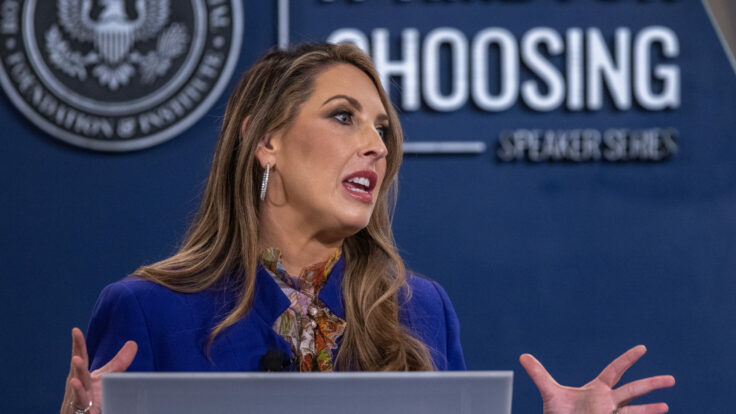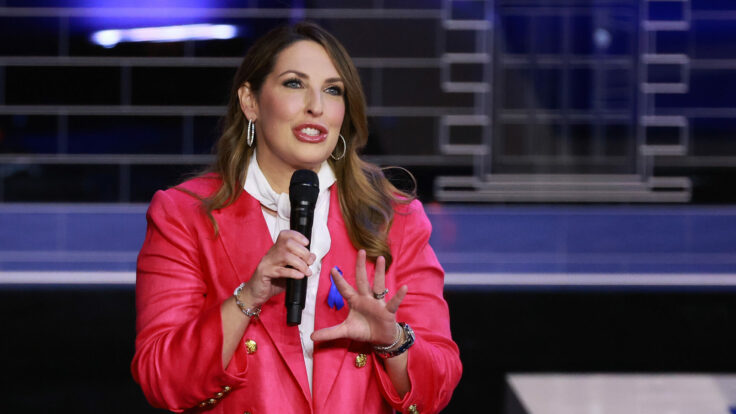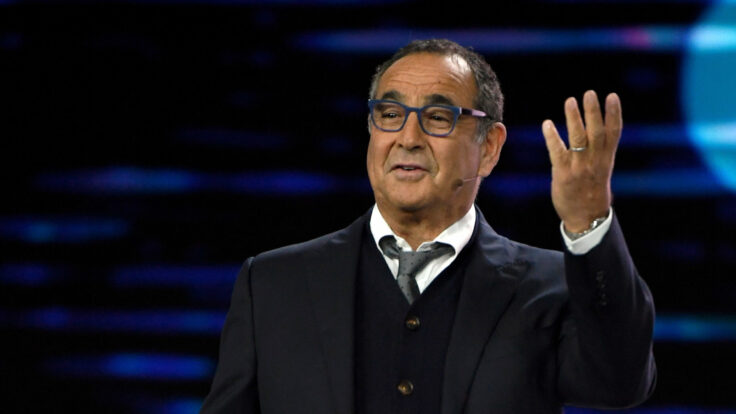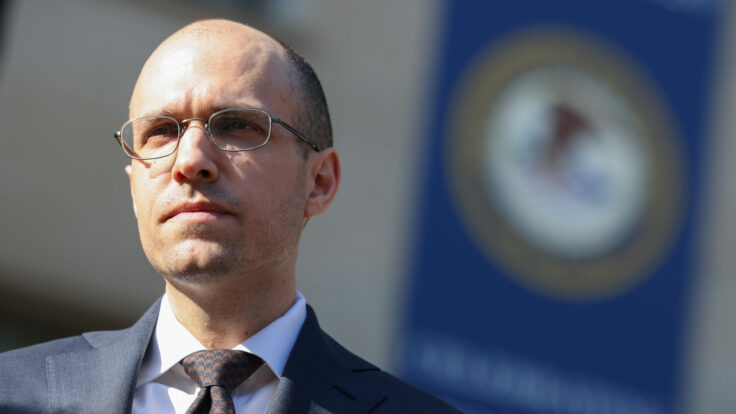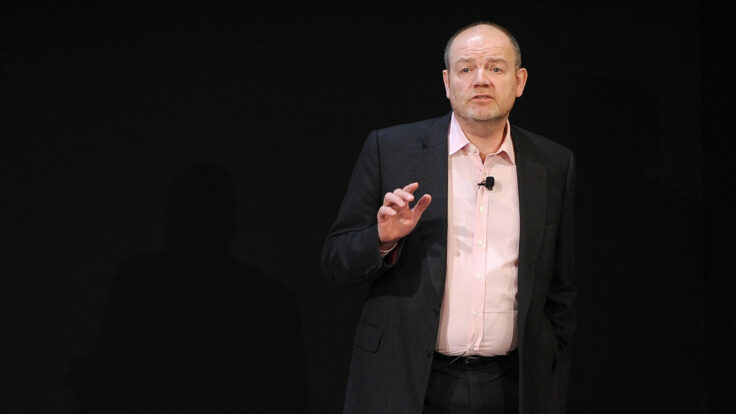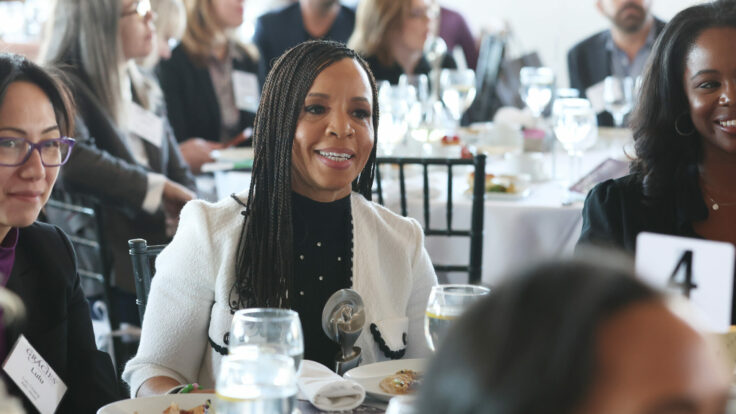Media observers of a certain vintage will recall the saga of Ruth Shalit, a rising star political reporter at The New Republic who left the profession in 1999 following lingering attention on two high-profile accusations of plagiarism. Shalit was, by her own account, a “dippy 23-year-old” when she folded other writers’ words and phrases into her typewritten notes, in two separate incidents. She took a leave of absence, and, presumably chastened, returned, toiling away for years under the magazine’s literary editor, Leon Wieseltier. Then the Stephen Glass fabrication scandal exploded, and her continued presence at the publication became, ahem, inconvenient. She kept popping up in stories about Glass, even if the controversies were materially different and years apart. Shalit, then 28, ditched journalism for an advertising agency.
Of course, the media spotlight never really left Shalit, who, despite telling The New York Times in 1999 that she was switching careers because she realized her youthful sins “would be a data point about me as long as I stayed in journalism,” didn’t stay in the wilderness for long. Soon, she was writing again for Salon, New York Magazine, The Wall Street Journal, Elle, and other publications. And so the media fascination with Ruth Shalit Barrett (she took a new surname upon marriage) never went away, either. Every so often, her byline would prompt another columnist to spit out something akin to “Wait, she’s still writing?!”






